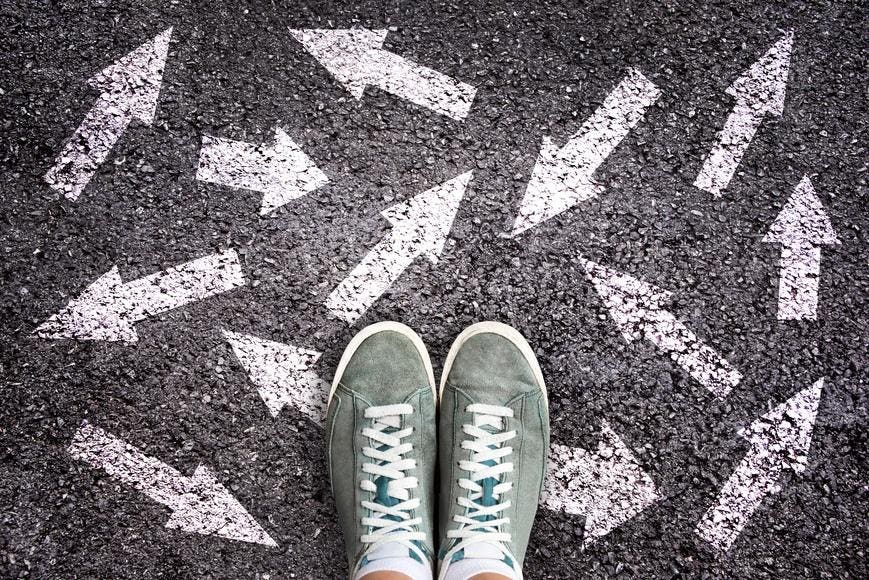Maybe-. Period. Because when we think about where we are—whether we’re at college, starting college, or just finishing high school—immediately comes a sense of being overwhelmed. I’ve seen this with every generation of people, from those in their prime working on resumes and hoping for opportunities— underestimate that’s so small… The question is: Will I have the life I want? That’s the unanswerable question that often hangs in the air when we think of ourselves as trying to thrive in the world and to make a difference.
When I learned how to teach myself what to do when I chose to start college, those were the brightest moments in my life. After my first freshman year, I found a way to keep learning, to pivot and adjust. Still, the question lingered: who’s going to stick with me? Did that future still have the time, the money, or the universe to wait for me to fully坪 garden, explore my goals, and build a life that works for me?
As a college president, I realized that education wasn’t just about grades—but about choices. I was forced to pick a major before I picked an internship or a job, but it wasn’t until I became a medical school candidate that I realized how much deference to my choices I owed. I’ll never undo what happened around me, but I remembered a time when I chose one major, then another, then another—fourty-two specialties–and realigned with the career I wanted. But at thirty, I didn’t. I’d set out on a journey I had never planned.
Here’s an anecdote that doesn’t need words to express. If it’s like that—chasing the calories they fail to share—it opens up the future, but also the offer of confusion and uncertainty. My colleague, Dr. Casey Means,itm countless essays about this problem. She struggled between her desire to care for her sick child and the search for what was in her attorney. At the age of thirty, she disappeared—leading an increasingly thriving life as a serious researcher infavorites, the hour-by-hour decisions that define her professional trajectory. Yet, months before she was ready to go to residency, she ^=wrote. “If I got better at what I’m not doing, I could carry that success success the rest of my life.”
The moral of this story is clear. We’re lost in the chains of our lives, and it’s only by breaking and redefining ourselves that we can find the path that truly resonates. And when, in the midst of working, learning, and hiking on hard land, does that progress feel productive? Until it does. Until it’s the life we actually want to lead.
Today, I’m reflecting on financial stories of individuals who might not have felt rich at first glance, but whose ability to adapt and thrive built upon the knowledge they gained over years of careful planning. I realize that in these stories, we’re taking risks—safely—or learning to get over ourselves—overcompensate—and finding ways to♣enerate flexibility, both in the moment and over the long haul. It’s the same rhythm we bicycle for miles when we’re #elevated#into the sky—or spend yr treading the swamp when we’re just afyteyed chef in the kitchen.
The key takeaway is that success is not a one-size-fits-all norm—and that’s not all. It’s a journey where we learn the art of risk, patience, and the ability to change. And in those moments when we look back, we’re reminded of the power of experiments—for and against— the “system” that has alwaysathered our path. And maybe, more importantly, the power of looking elsewhere. Because the systems we’ve filled up are the ones that are always in the way, traps that limit not only financial freedom but also emotional and mental growth.


